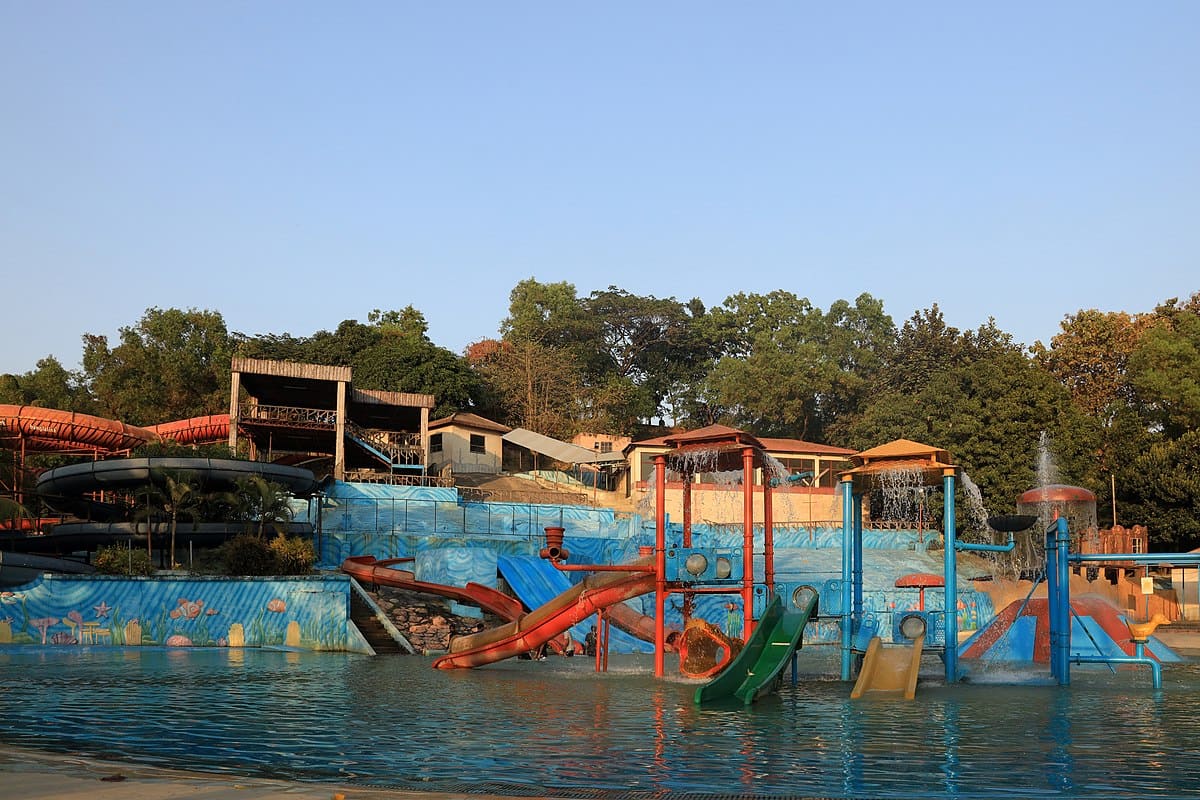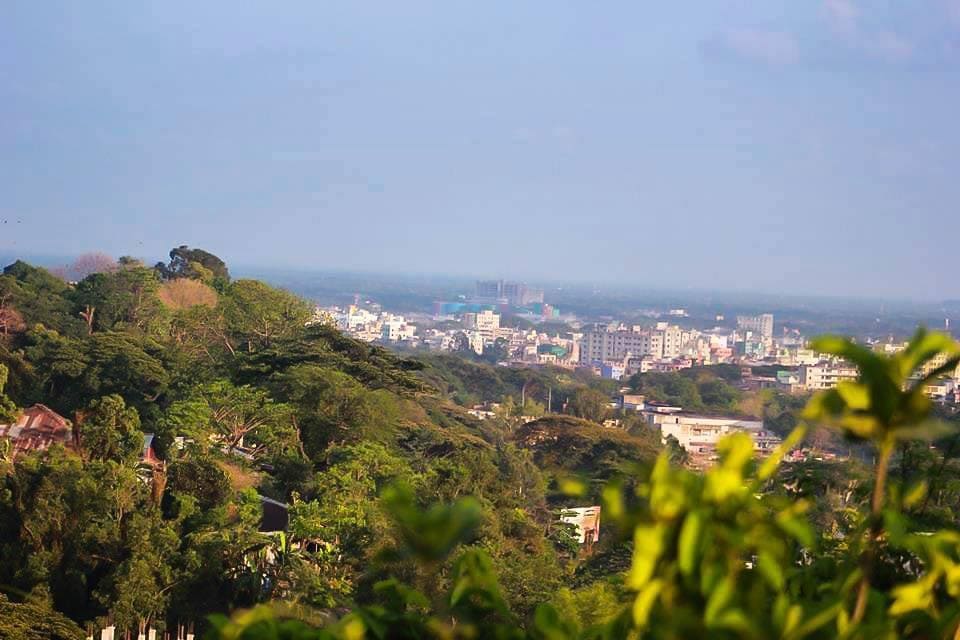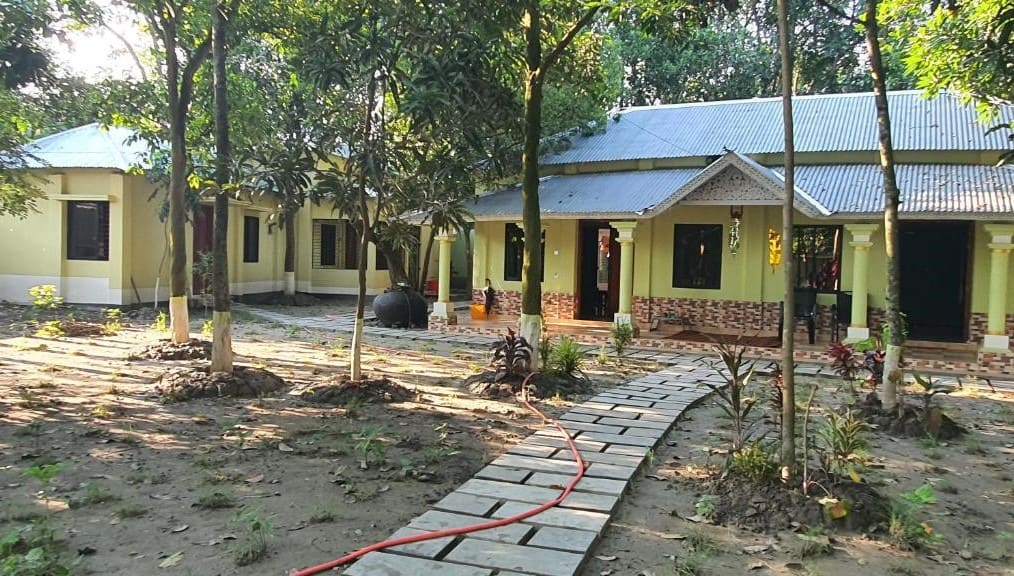-
12 Days 12 Hours
-
Max People : 10
-
Wifi Available
-
October to March
-
Min Age: 18+
-
Pickup: Airpot
説明
In different times different empires have used this port city thus it has remained the hub of business, trading, and shipping in Bangladesh since the sixth century. It was part of the kingdom of Arkan in the 6th and 7th Century. Then the Arabs used this port in the 9th century followed by the Muslim rulers from the 14th century during the Bengali Sultanate.
This city is also known for its unique natural beauty of mountain range along with the sea beach. There are multiple sea beaches in this city such as Patenga Beach, Parki Beach, and Dakshin Kattali Beach. Apart from natural beauty, there is some man-made amusement park in the magnificent Foy’s Lake which is the most visited place in Chittagong. This article will discuss about 10 best tourist places in Chittagong as below.
1. Chittagong ship-breaking yard
The world's largest ship-breaking yard, Chittagong Ship Breaking Yard handling about a fifth of the world's total located in Faujdharjat under Sitakunda. Hundreds of meters long, carrying millions of tons of goods across the world, the complete size of these immense vessels is dying in the place forever. This destruction and final resting place of these steel giants is even more fascinating to those who are still concerned about how irresponsibly is dealing with this industry. This is one of the exclusive and unique places to visit while you are in Bangladesh. At this place, a scene from the super hit movie Avengers: Age of Ultron was shot.
2. Patenga beach
Patenga is a sea beach that is one the key tourist destinations in Chittagong city, located 14 kilometers south of the port city of Chattogram, on the Bay of Bengal. It is just at the mouth of the Karnaphuli River where you will have an opportunity to see the sea waves crashing on the stones placed to protect the city.
3. Foy's lake and amusement park
Foy's Lake Amusement Park is located in the Pahartaly region of Chittagong city. It occupies about 320 acres of land. This lake, surrounded by mountains, is a natural beauty. This lake used to be at the beginning constructed by the Assam Bengal Railway Authority in 1924. And then it was once named after the railway engineer Mr. Foy. At present, Concord has modified this park, a renowned group of Bangladesh to have today's features for exciting travelers and named after Foy's Lake Concorde (Amusement World). There is a small zoo in this park. And this zoo has made this park more splendor.

4. Chittagong circuit house
The name of this place has been changed to Zia Memorial Museum. This is a museum located in Chittagong city. It is currently being used to preserve the memories of the former President of Bangladesh, Ziaur Rahman. But previously it was used as a Chittagong Circuit House. The then British government, In 1913, built it.
5. Shrine of Bayazid Bostami
A gate near Nasirabad Cantonment in Chittagong, Bangladesh, is known as the "Shrine of Bayazid Bostami". But there is no history of any historical figure named Bayazid Bostami coming to Bangladesh. In Chittagong, the mausoleum known by its name is just a portrait or a symbol. However, many people believe that Bayazid Bostami arrived in Bangladesh. Towards the eighth century AD, Arab merchants used to visit the Chittagong coast. So, Bayazid Bostami arrived in Chittagong in the ninth century. But it's just an idea. No clear evidence has been found so far.
6. The National Ethnological Museum
The national ethnological museum is located in Agrabad, Chittagong, Bangladesh, which is the only ethnological museum in the country, which is mainly established for the daily life of different ethnic groups of Bangladesh, and to foster mutual understanding and peer-feeling. The museum displays materials containing the history of the tribal groups of Bangladesh. Chittagong is one of the nation's ethnological museums between the two ethnic-ethnological museums of the continent of Asia, the other being in Japan. It is also used for research purposes. As of May 2015, according to museum authority data, 200-300 visitors, including local and foreign researchers, visit the museum daily.
7. WWII memorial cemetery
The world war cemetery is taken care of by the Commonwealth War Graves Commission, commonly known as Chittagong War Cemetery. The cemetery was established by the British Army after World War II. At the beginning of the war, there were about 400 tombs of soldiers killed in World War II. However, at present, there are 731 tombs of which 17 are unknown people. There are about 20 (1 Dutch and 19 Japanese) tombs of foreign soldiers killed in World War II. There is also a monument of Chittagong-Mumbai of World War II (1939-1945).
8. Chittagong railway station
In the Battali area of the Chittagong district of Bangladesh, Chittagong Railway Station is also known as Battali Railway Station. This is the ancient and main railway station of Chittagong City. in 1896, on 7th November, Assam signed a drawing of a two-story old building which was later renovated with the help of the Chief Engineer, to accommodate the commercial installation of the Bengal Railway station and the station master's residence. It is considered one of the best examples of architectural preservation in Bangladesh.
9. Fish harbor & market
Fish Harbour & Market is the Biggest Fish Market In Chittagong Bangladesh where you will find all kinds of fish. is a place where all fishermen gather to sell their catch, the sea treasures, caught overnight or during their stay in the sea. It’s an overwhelming place as you will find a busy marketplace and people in a rush carrying fish baskets, making loud noises of selling fish from different directions, carrying ice blocks, gigantic fish, and many stories.
10. Battali Hills Park

Batali Hills, also known as Batali Hill, is the highest hill in the city of Chittagong, located in the Tiger Pass area of Chittagong. From this point, the Bay of Bengal and large parts of Chittagong City are clearly seen. During World War II anti-aircraft guns were installed in this mountain. It is a great place to see the city from above.
Itinerary
Sightseeing starts with a walk through the narrow alleys and streets of Shakari Bazaar. Enjoy discovering lifestyle of people and places in Old Dhaka.
Sightseeing starts with a walk through the narrow alleys and streets of Shakari Bazaar. Enjoy discovering lifestyle of people and places in Old Dhaka.
Sightseeing starts with a walk through the narrow alleys and streets of Shakari Bazaar. Enjoy discovering lifestyle of people and places in Old Dhaka.
Sightseeing starts with a walk through the narrow alleys and streets of Shakari Bazaar. Enjoy discovering lifestyle of people and places in Old Dhaka.
Sightseeing starts with a walk through the narrow alleys and streets of Shakari Bazaar. Enjoy discovering lifestyle of people and places in Old Dhaka.
Sightseeing starts with a walk through the narrow alleys and streets of Shakari Bazaar. Enjoy discovering lifestyle of people and places in Old Dhaka.
Sightseeing starts with a walk through the narrow alleys and streets of Shakari Bazaar. Enjoy discovering lifestyle of people and places in Old Dhaka.
Sightseeing starts with a walk through the narrow alleys and streets of Shakari Bazaar. Enjoy discovering lifestyle of people and places in Old Dhaka.




